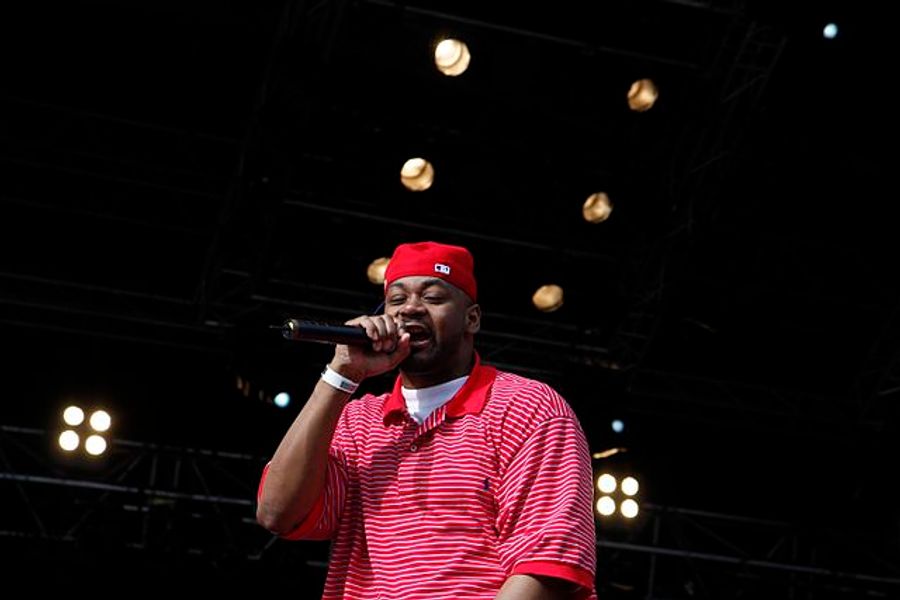Ghostface Killah was integral to the Wu-Tang Clan movement in the 1990s and rose to fame alongside his counterparts, such as RZA Method Man and Raekwon, from the projects of Staten Island. The emcee (real name Dennis Coles) was a significant contributor to the collective’s debut album, Enter the Wu-Tang (36 Chambers), but he wasn’t always happy with his solo material following the group’s dissipation.
The lyricist has released a massive 13 solo studio albums and seven collaboration albums. Still, there was a period of his career where he felt a lull in creativity and hunger. Coles’ first debut project, Ironman, was released in 1996 and debuted at number two on the Billboard 200. It was well-received, and with features from the likes of Cappadonna, Raekwon and Method Man, it was very much a Wu-Tang-centred body of work.
This set Ghostface Killah on a good trajectory. However, his projects paled in comparison to the likes of Method Man and Ol’ Dirty Bastard, who were hitting the charts with their singles regularly.
That said, he took four years to work on his second album and, when he returned, released Supreme Clientele to critical acclaim. It was praised for its creative lyricism and fantastic cohesion, and although the body of work didn’t chart as highly as his debut, the project still hit the charts at number seven.
Unfortunately, this is where the material enters a downward spiral, and in a segment from his 2006 album, Fishscale, the emcee alludes to the fact that the two albums that he released after Supreme Clientele — Bulletproof Wallets in 2001 and The Pretty Toney Album in 2004 — were not recorded with a hunger.
On his 2006 track, ‘The Champ,’ Coles features some movie dialogue from the Rocky film that expresses to fans his inner thoughts. The track opens up with the “He’s an animal, he’s hungry. You ain’t been hungry since Supreme Clientele!“
Fish Scale charted far higher than his previous two releases, which just managed to make it into the Top 40 and had the benefit of being partially produced by Diddy and even had some contributions from the Detroit legend J Dilla. You can listen to ‘The Champ’ below.
